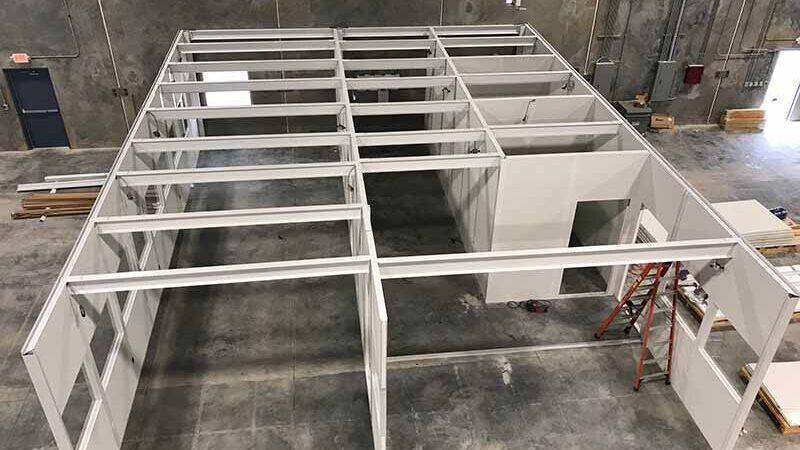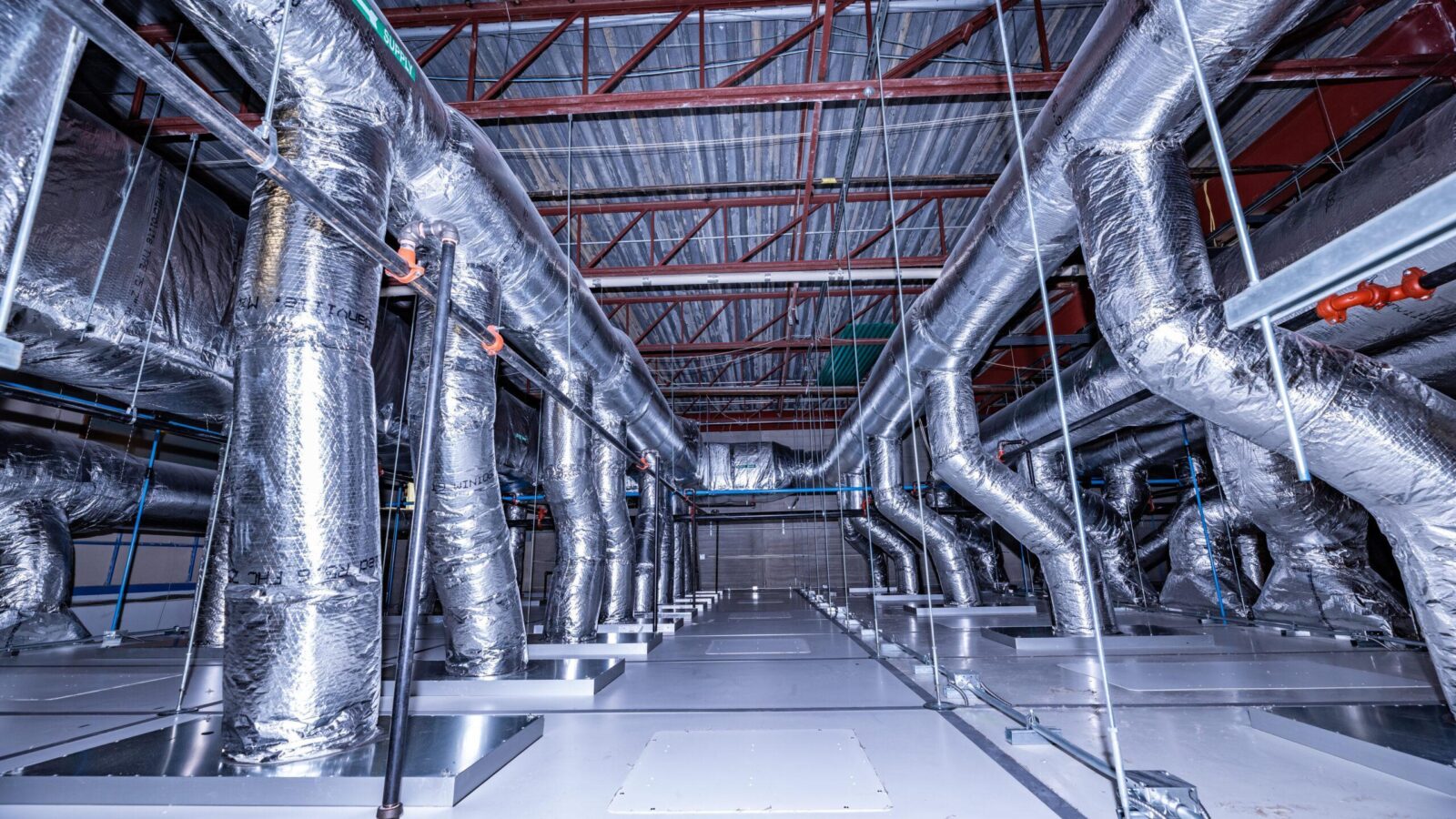Why Modular Panels Are More Sustainable

Historically, the global construction industry has played a large part in spiking carbon emissions and causing other forms of environmental waste. Thankfully, this is expected to change with the use of sustainable modular prefabricated panels in the construction industry.
Modular panels offer many benefits, making them the preferred choice when sustainability in a construction project is of utmost importance. Are you planning a sustainable building project? If so, here are a few key reasons why modular panels can help you achieve your sustainability goals.
Modular Panels Decrease Construction Waste

Did you know that traditional building methods generate around 56 million tons of debris annually? That’s a whole lot of waste that will adversely influence the environment. The good news is that with modular panels, there is a great reduction in the waste of construction material.
That is because modular panels are built at facilities that use uniform modular construction materials and precise planning and measurements. This way, the modular panels are custom-built to match the facility’s purpose.
There is little to no construction material waste since all the modular panels are efficiently built, so the risk of mistakes and wasted materials is minimized. All that is needed on-site is the installation of the prefabricated panels.
Modular Solutions Use Recycled Materials

One of the major reasons why modular panels are more sustainable for building projects is because they use recycled materials. Many durable modular panels are made from recycled wood, glass, steel and aluminum. The best part is that even more innovative recycled materials are being used. Using recycled materials is a huge plus for the environment because materials that could have ended up as environmental waste are being repurposed to be used in construction projects.
It’s actually a win-win situation when modular prefab panels are made from recycled materials. Environmental waste associated with construction is significantly reduced, and there are more eco-friendly materials for construction. Interestingly, despite using these recycled materials, there is no drop in the quality of modular panels fabricated by reputable brands. Many of these panels are designed and built to the same high sustainability standards that traditional construction materials must meet.
Modular Panels Decrease Energy Consumption

Modular panels are fabricated in a controlled factory setting and are produced using less energy. The reason is that while constructing the modular panel, the energy used in air conditioning (both cooling and heating) is optimized via machine learning.
This creates a good eco-friendly building process and leads to shorter fabrication times. In addition, since it takes less time to build modular panels, less energy is expended when the modular panels are being fabricated.
Modular panels are used in buildings that can be designed to follow LEED certification rules. That way, they can also support energy-efficient systems like energy-efficient glass, geothermal systems, and solar panels, among others. So modular panels require less energy for their construction while providing sustainable energy consumption in the long run.
Modular Solutions Reduce Emissions

As noted at the beginning of this article, a significant percentage of global carbon emissions can be traced to construction sites. Interestingly, many of these carbon emissions can be avoided by increasing efficiency in both materials used and the transportation and labor involved in construction.
With the use of modular panels, trips to and from the job site are minimized. So, instead of inefficiently transporting materials and labor, the modular panels are fabricated in a controlled facility. After that, they can be delivered to the site where they are installed.
In addition to improving module delivery, modular panel construction also significantly reduces total emissions. This is because it eliminates the need to use large machines and other equipment used to manufacture traditional construction materials. Since these pieces of equipment are no longer in the manufacturing process, there is also no need to move them to construction sites. So ultimately, over time, the carbon footprint is reduced.
Another way that modular panels help with reducing emissions is that modular buildings are often fitted with green features that also significantly reduce carbon emissions yearly
Modular Panels Are Built for Long-Term Use
This is perhaps one of the biggest reasons why modular panels are believed to be more sustainable for building cleanrooms than traditional construction materials.
Cleanrooms made from traditional construction materials must be planned, designed, constructed, and constantly maintained over an extended period.
Constructing clean rooms with traditional materials is often also a stressful process. For example, depending on the location, you might have to move doors and windows to meet cleanroom standards. And this can be a time-consuming and expensive adaptation as you may have to work with several contractors to get the right cleanroom.
But that’s the opposite with modular panels. That’s because they are built in such a manner that they can easily be assembled and dismantled on-site. So clean rooms that are built using modular panels can be easily reconfigured or moved in line with your need to scale.
As long as the modular panels are of premium quality, they can be reused in other construction configurations or recycled for different projects. Premium modular panels are low maintenance and will give you great value for your money. The best part about reusing modular panels is that you can do just about anything you want with them without harming the environment with pollutants. They are extremely flexible and durable enough to be reconfigured over and over, eliminating the need for demolition required with traditional construction projects with the right modular panels, you can easily add any of the following: cabinets, workbenches and countertops, passthroughs, additional windows, etc more. and more.
The Takeaway

As the global cleanroom construction industry continues to evolve and adapt to growing sustainability demands, innovative and sustainable construction materials like modular panels will increasingly be used across the industry.
GET IN TOUCH
Complete the form below to get in touch with our team.
